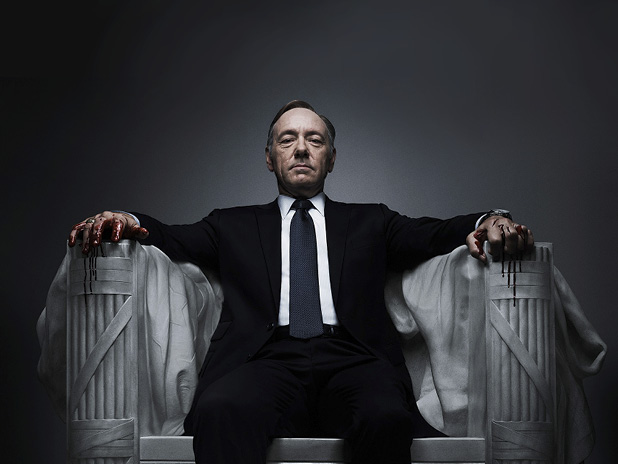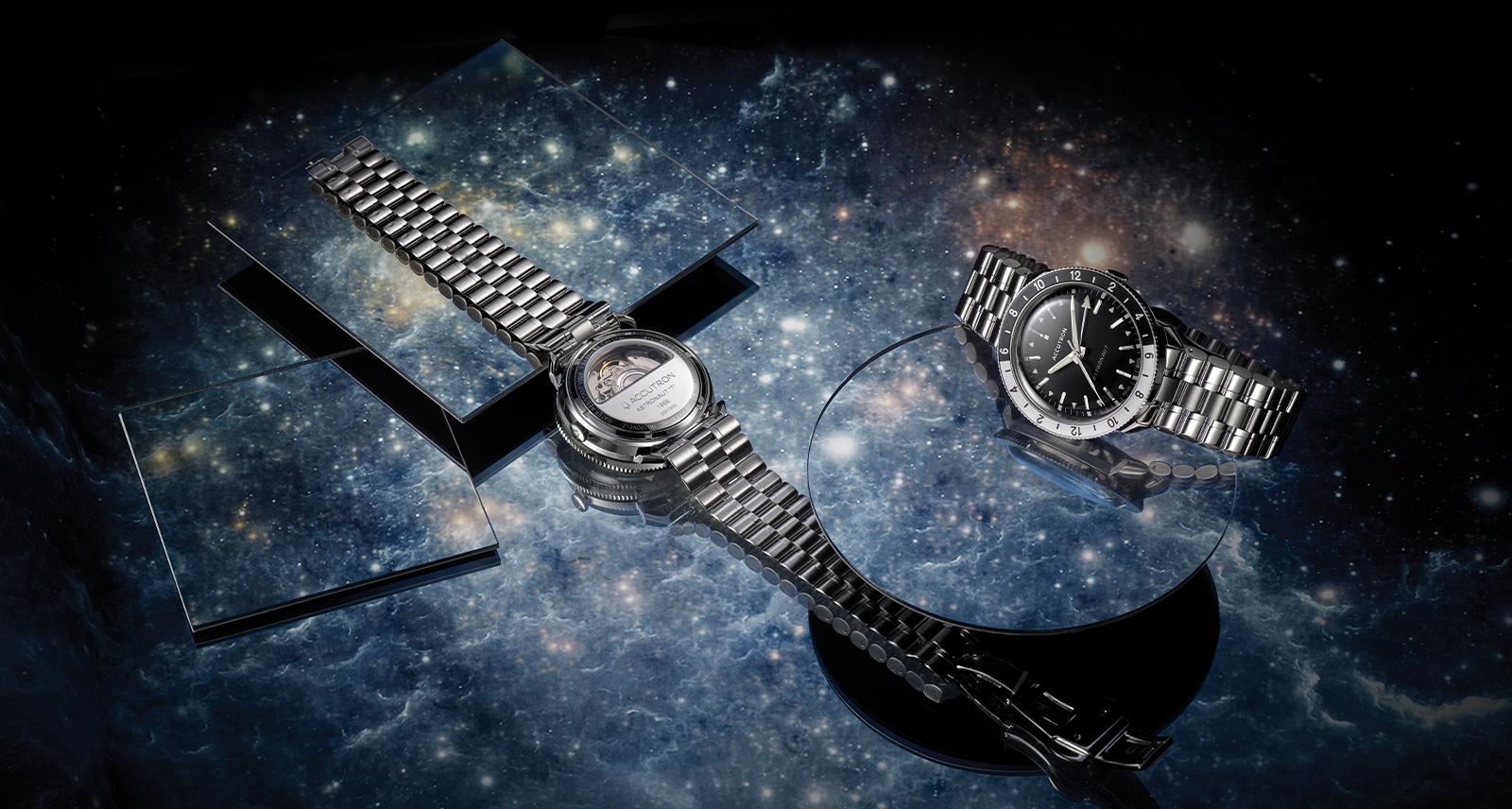Kevin Spacey: Hail to the Chief
To be fair, Spacey’s perfectionist streak has paid dividends. Last winter, he won the Golden Globe — his first after eight nominations — for best actor in a TV series, thanks to his gripping portrayal of crooked congressman-turned-president Frank Underwood on House of Cards. Still, he ended his acceptance speech with familiar words: “I just want to be better, but this is very encouraging.”
In that speech, Spacey was channeling the late director Stanley Kramer, an old friend who, it turns out, inspired his treacherous climb towards perfection. Spacey recalls visiting Kramer on his deathbed back in 2000. After praising the venerated filmmaker’s work, Kramer took his hand and said, “That means so much to me. I just wish my films could have been better.” That hit Spacey, who’d just snagged his Oscar for American Beauty, pretty hard.
“I remember walking out of the room and leaning against the wall of the hospital. I thought, ‘That’s extraordinary, that you can be 82 years old, you can have won 10 Oscars, you can have been at the top of your profession, you can have directed actors to some of the greatest performances on film — and it still wasn’t good enough,’” he says. “It’s important that we don’t settle. We’re in a constant journey of discovery and exploration and trying things. So I always want to be better.”
****
By now, you might be questioning whether Spacey’s perfectionism is genuine. Is this all just an elaborate humblebrag? A way of boosting his personal brand while washing it down with a chaser of faux self-criticism? Or, is he manufacturing humility to relieve pressure?
After spending a decade refining his skills in theatrical turns as Shakespearean anti-heroes (Richard III) and pioneering lawyers (Clarence Darrow), he’s noticeably improved — or at least more seasoned, more mature. You can see it in his handful of recent onscreen performances. Like his eerily humanistic (and, okay, offscreen) voice acting as a spacecraft robot in 2009’s Moon. Or his emotionally complex turn as a trading manager in 2011’s Margin Call. And, of course, his instantly iconic portrayal of a Machiavellian politician, wherein he shifts from seductively charming to vengefully murderous all with the glint of an eye. “I don’t think I would’ve been ready for Francis Underwood a decade ago,” he says.










